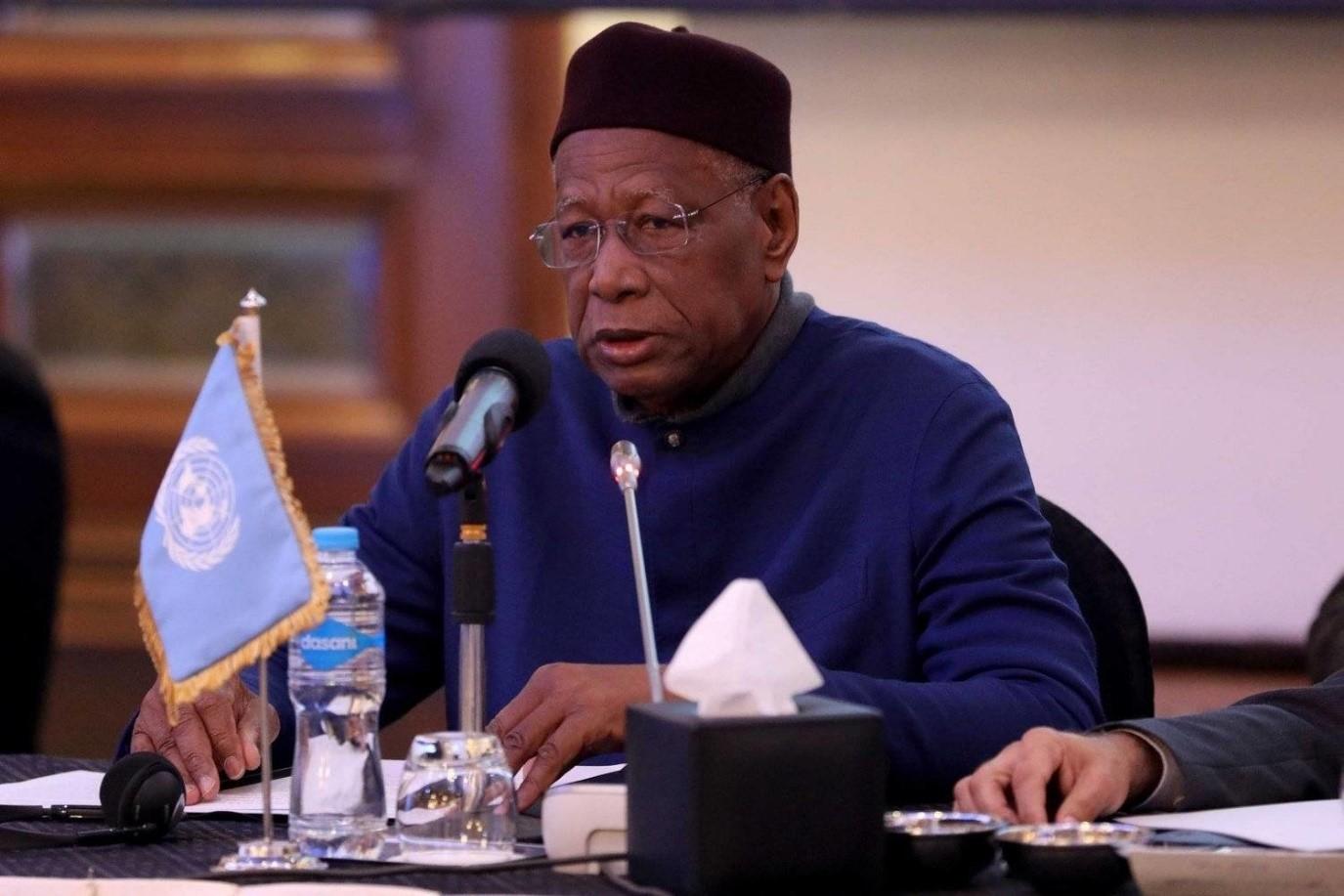
UN Envoy to Libya, Abdoulaye Bathily, Warns of Rapid Deterioration in Libya’s Stability Amid Political and Economic Turmoil
Fiona Nanna, ForeMedia News
5 minutes read. Updated 9:50AM GMT Wed, 21August, 2024
The ongoing crisis in Libya has taken a sharp turn for the worse, according to the United Nations’ top official in the country. During a Security Council meeting on Tuesday, August 20, the official painted a grim picture of the North African nation’s situation, highlighting the rapid decline in political, economic, and security stability over the past two months.
“Over the past two months, the situation in Libya has deteriorated quite rapidly in terms of political, economic, and security stability,” the UN official reported. “Unilateral acts by Libyan political, military, and security actors have increased tension, further entrenched institutional and political divisions, and complicated efforts for a negotiated solution.”
Libya, a country that has been struggling with instability since the 2011 NATO-backed uprising that toppled Muammar Gaddafi, is now facing a renewed surge in internal conflicts. The fragile peace brokered in recent years appears to be unraveling as political factions and armed groups engage in power struggles that are jeopardizing efforts to establish a unified government.
Libyan Ambassador Taher Al-Sunni, who also addressed the Council, echoed these concerns. He emphasized that the only path forward for Libya lies in bridging the divisions that have plagued the country for over a decade. “The solution, the only possible solution for Libya, involves putting an end to divisions and remedying the precarity of institutions through free, transparent, and inclusive elections,” Al-Sunni stated.
Recent developments, including the controversial dismissal of the central bank governor, have only served to inflame tensions in the divided nation. The sacking, which many observers see as a politically motivated move, has sparked outrage among various factions, further complicating efforts to stabilize the country.
The United Nations has been working tirelessly to mediate between Libya’s rival factions, but the situation on the ground remains volatile. The international community is watching closely, with many fearing that the escalating tensions could lead to a full-blown conflict if not addressed swiftly.

